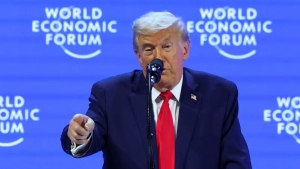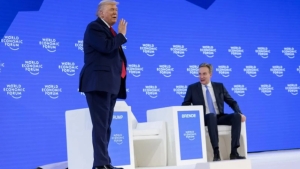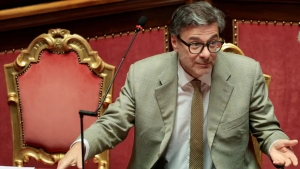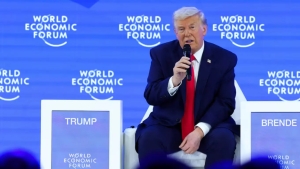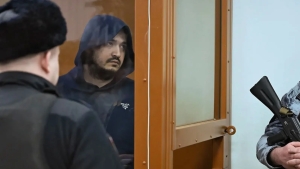The European Union Forum was held in Tashkent
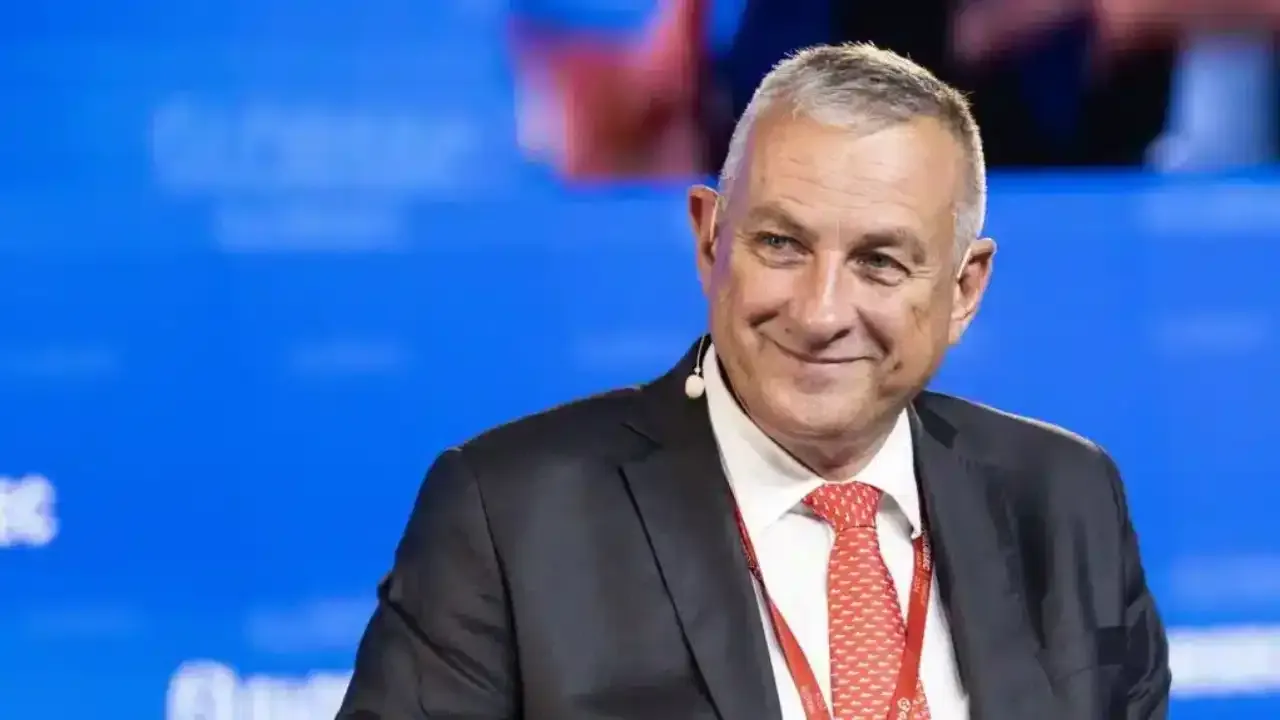
On November 26, the third “European Union — Central Asia” economic forum was held in the city of Tashkent. This was reported by Zamin.uz.
At the forum, European Union Commissioner for International Partnerships, Jozef Síkela, emphasized that economic cooperation between the two regions is currently more reliable than ever. He expressed gratitude to Uzbekistan for its hospitality and noted that this forum is a logical continuation of the “European Union — Central Asia” summit held in April.
Jozef Síkela recalled their commitment to deepening regional cooperation and stressed that today these agreements are being transformed into practical actions. He highlighted Central Asia’s rich mineral resources, young and skilled workforce, as well as its strategic geographical location.
The European Union offers advanced technologies, investment potential, and experience in regional integration. The EU currently remains Central Asia’s second-largest trading partner and its biggest investor.
Although mutual trade volume increased by 3 percent last year, it was emphasized that this figure is still insufficient. The European Commissioner also spoke about new agreements on partnership and cooperation.
While the agreement signed with Kazakhstan is being successfully implemented, similar documents have been signed with Uzbekistan, Tajikistan, and Kyrgyzstan. These agreements are said to serve the development of trade, economic diversification, and sustainable growth.
The forum paid special attention to infrastructure development. It was announced that within the framework of the European Union’s “Global Gateway” strategy, an investment package worth 12 billion euros has been formed for Central Asia.
These funds will be directed towards projects in transport routes, mineral resources, digital connectivity, water, energy, and climate sectors. Additionally, emphasis was placed on reducing costs and creating a favorable investment environment through local processing of mineral resources, as well as modernization of energy and transport.
During the forum, six new agreements were signed. These agreements will be implemented based on transparency, responsibility, and cooperation.
Síkela called on the regional states to continue economic cooperation and strengthening institutions. He particularly emphasized that long-term cooperation is beneficial for all parties involved.


